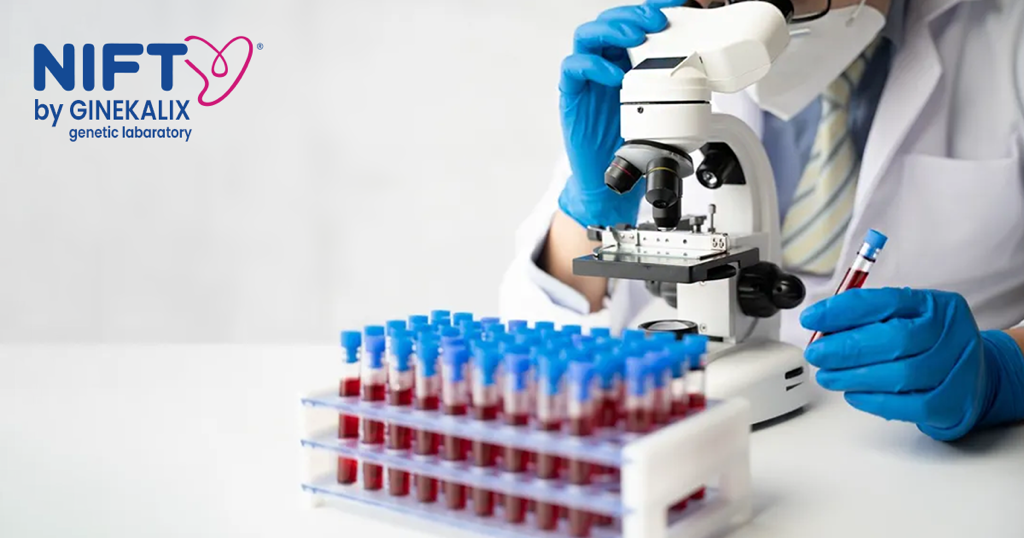Cytomegalovirus (CMV) and Epstein-Barr virus (EBV) in pregnancy

Pregnancy is a time of great excitement and anticipation, but also requires special attention to health and well-being. Among the many medical tests that pregnant women decide to do them, screening for certain infections is crucial for the mother and baby to be safe. Two such infections that can represent a significant risk during pregnancy are Cytomegalovirus (CMV) and Epstein-Barr Virus (EBV).
What are CMV and EBV?
Why is it necessary for pregnant women to be tested for these viruses? Find out in the continuation of this blog text.
What is CMV?
Cytomegalovirus is a common virus that infects people of all ages. Although often
causes mild or no symptoms in healthy individuals, CMV can cause
serious consequences if detected during pregnancy. He is the main one
cause of birth problems worldwide.
Why CMV testing
is it important during pregnancy?
- Fruit transmission: CMV
can be passed from mother to baby during pregnancy. This can be
happen if the mother is positive for the virus for the first time (primary infection) or
experience reactivation of past infection (secondary infection).
- Congenital CMV: When CMV is passed to the baby, it can lead to congenital CMV,
which can cause serious health problems such as:
· Loss of hearing
· Loss of the species
· Developmental and cognitive delays
· Microcephaly
· Attacks
· Problems with the liver, spleen or lungs
What is EBV?
The Epstein-Barr virus is best known as a virus that
causes infectious mononucleosis (mono), but like CMV, it is a member of the herpes virus family. EBV them
infects most people at some time in their lives, usually in childhood
or adolescence. After the initial infection, EBV remains in hibernation in
the body.
Why it matters
EBV testing during pregnancy?
- Because it has an impact on the immune system: Pregnancy naturally suppresses the immune system for
to prevent the body from rejecting the fetus. This can sometimes lead to
reactivation of dormant viruses such as EBV.
- Association with pregnancy complications: While EBV is less
directly dangerous for the baby from CMV, it can cause complications such as:
· Preeclampsia (high blood pressure during pregnancy)
· Prematurely giving birth
· Low birth weight
- Increased risk of secondary infections: The reactivation of EBV during of pregnancy can further weaken the immune system, making it the mother more susceptible to other infections that could harm her during pregnancy the pregnancy. Testing for CMV and EBV allows early identification of potential risks. With these viruses, early detection and intervention can lead to significant an advantage for the mother and the baby.
Early benefits
testing:
- Frequent monitoring: If
mother is CMV positive or has reactivated EBV infection, doctors more careful
will monitor the pregnancy to ensure that any signs of complications will
discover early.
- Informed decision making: Early testing allows the
parents to make informed decisions about pregnancy and prepare for
all necessary interventions.
- Potential treatments: Although there is no vaccine for CMV or EBV, in some
cases, antiviral drugs can help reduce the severity of CMV
infections in babies or to relieve symptoms in the mother.
Both viruses pose potential risks during pregnancy.
Testing for these viruses allows for early detection, enabling doctors
to take proactive steps to protect both mother and baby. With that
will stay informed and do the necessary tests, pregnant women
can significantly reduce the risk of complications and provide the
their babies the best start in life.
This month, for greater prevention, with each Nifty-pro and Nifty-twin
test these two viral trials
you get them completely free!
